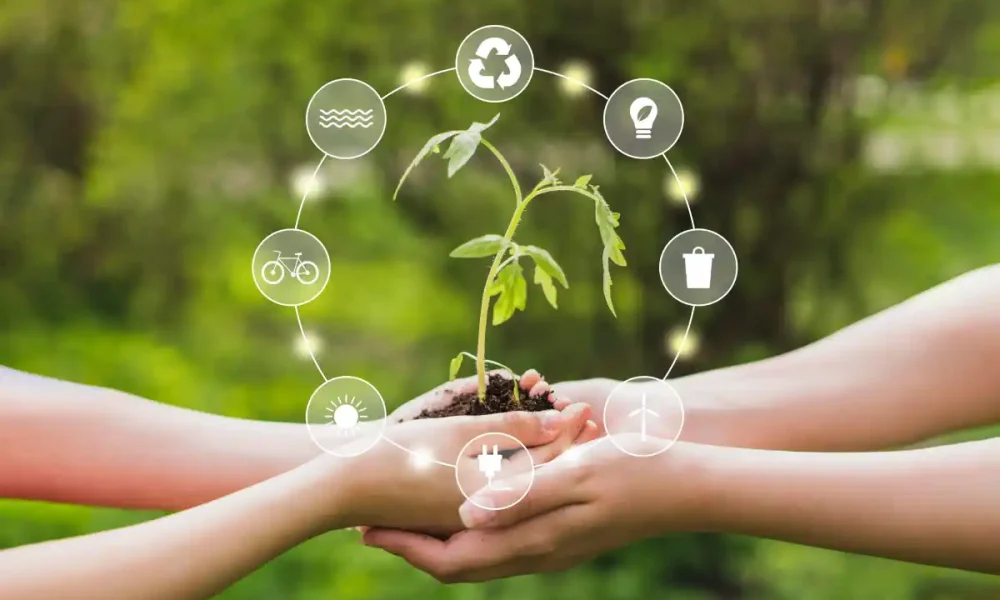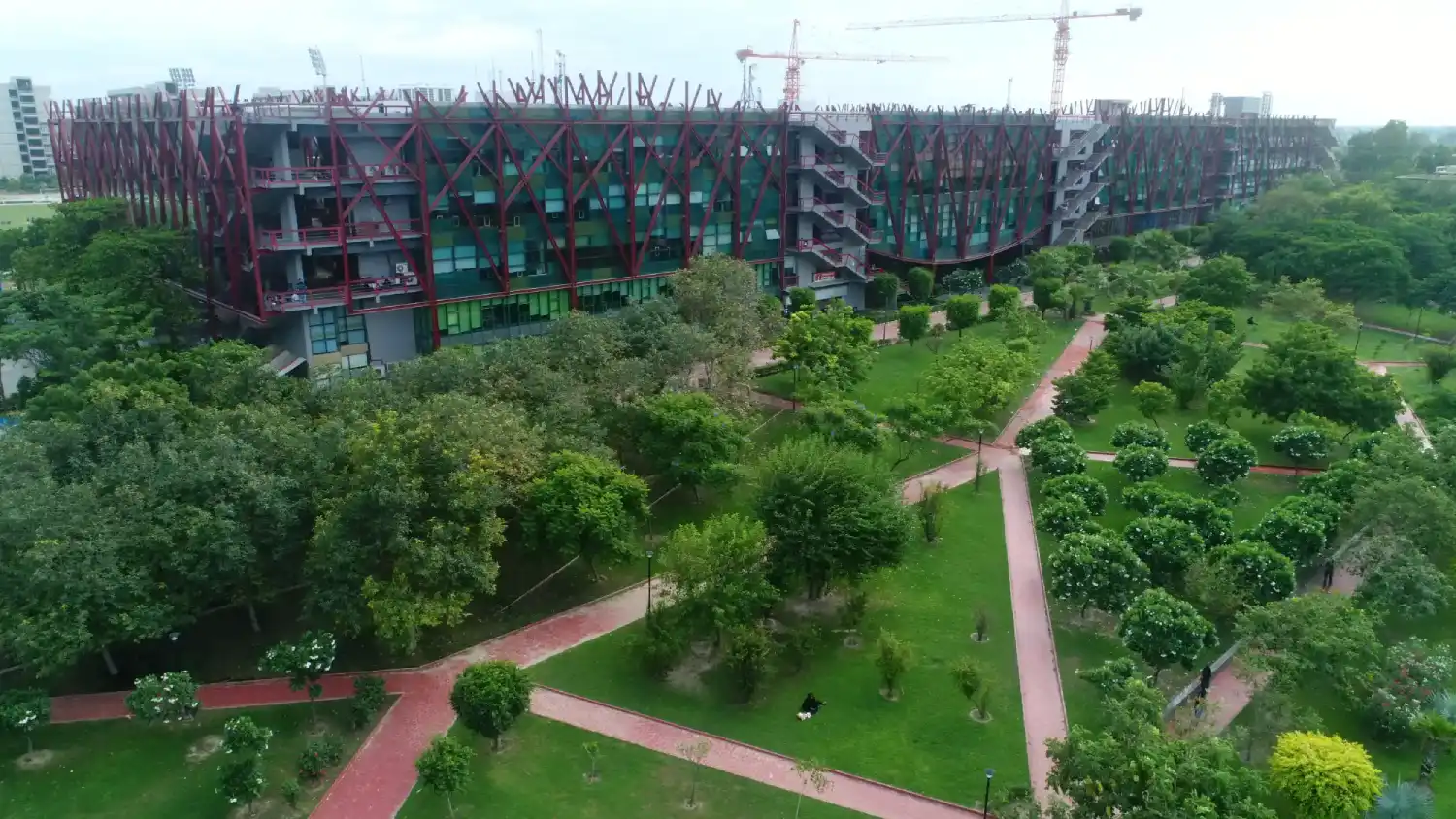Introduction
B.Sc. in Environmental Science has become essential, as human activity continues to aggravate environmental and climatic damage—much of it now seen as irreparable. With growing ecological concerns, the demand for academic programmes like this has surged for all the right reasons.
Environmentalists argue that we are currently living through an era of biodiversity collapse—an issue as complex as it is urgent. According to reports, relentless extraction of natural resources has led to human modification of 77% of terrestrial and 88% of marine ecosystems. This has resulted in the loss of 83% of the world’s mammal biomass and nearly half of all plant biomass.
An Eco-Friendly Approach For The Future
There are ample factors responsible for the rapid environmental degradation. Consequently, there have been numerous attempts made to reverse the effects and ensure a future on eco-friendly grounds. In 2015, the United Nations took up an initiative named as Sustainable Development Goals or SDGs, calling for a plan focused on 17 global issues in the hopes of restoring a balanced social, economic & environmental sustainability by 2030.
The dangers of deforestation, heavy industrialisation, and greenhouse gas emissions are steadily coming to light, and the past 200 years of human progression stand in the shadow of an inevitable global crisis. However, all hope is not lost, and the progress of human technology and sciences has also permitted ways to minimise the damage and develop sustainable alternatives without further harming nature.
The shift from fossil fuels to renewable energy, along with initiatives such as plastic recycling, waste reduction, and sustainable agriculture, represents some of the most effective strategies introduced to build an eco-friendly future and mitigate the worst effects of climate change. The years of damage inflicted on planet Earth are evident in the form of climate change, global warming, pollution, and more. However, with a cautious, well-managed, and sustainable approach, the pace of environmental degradation can still be curbed.
Sustainable Development To Counter Environmental Degradation
Courses such as B.Sc in Environmental Science, allows for resolutions that make a difference. This is imminently true for a Korean institute named OJEong Resilience Institute (OJERI), which has formed partnerships with 30 global universities and research institutes to address sustainability challenges around the region and the world.
Environmental degradation has reached a critical point, and the time to act is now if we are to preserve any hope for the future. This is where sustainable development becomes essential in reversing the current trajectory. The study of Environment and Sustainability brings together environmental science, social science, and the humanities under one interdisciplinary framework. It fosters a deeper understanding and awareness necessary to build a more sustainable future.
BSc in Environmental Science and Sustainability- A Complete Overview
The undergraduate programme of B.Sc in Environmental Science places ecological concerns at the forefront and plans on developing sustainable means that can effectively replace certain activities with more sophisticated and effective ones.
Some of the subjects highlighted under the programme include land use, energy, climate change, rural-urban linkage, toxic chemical pollution, sustainability, environmental economics, environmental crimes, food security, environmental policy, natural resources management, corporate social responsibility, and sustainable agriculture.
What Are The Highlights Of Studying At Jindal School of Environment & Sustainability?
JGU is one of India’s pioneering institutions in the field of Environment and Sustainability. The university is home to over 15,000 students actively pursuing B.A. and B.Sc. degrees in this critical domain, supported by a strong alumni network of over 12,000 individuals. With more than 1,100 dedicated faculty and staff members, and over 500 international collaborations with leading global universities, JGU offers a truly world-class academic environment.
The B.Sc. in Environmental Science programme is built on a well-structured, practice-oriented curriculum that emphasizes the development of laboratory and analytical skills essential for scientific inquiry. Students are trained to work collaboratively in solving real-world environmental challenges. With a holistic and interdisciplinary approach, the programme integrates social, economic, cultural, and political perspectives—equipping students to drive meaningful change and promote sustainable development at both local and global levels.





